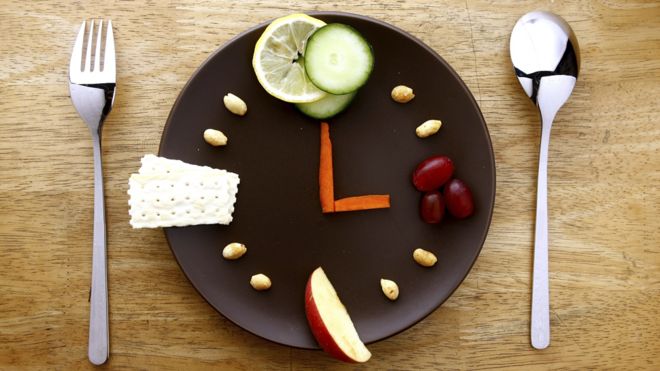When Marc Edwards opens his mouth, dangerous things come out.
Edwards, a professor of civil engineering at Virginia Tech, has been investigating dangerously high lead levels in the Flint, Mich., water supply. “The agencies paid to protect these people weren’t solving the problem,” he says. “They were the problem. What faculty person out there is going to take on” the government? In 2003 the Virginia Tech civil-engineering professor said that there was lead in the Washington, D.C., water supply, and that the city had been poisoning its residents. He was right.
Last fall he said there was lead in the water in Flint, Mich., despite the reassurances of state and local authorities that the water was safe. He was right about that, too.
Science
There are 96 posts filed in Science (this is page 10 of 10).
The Case for Very Hot Water | Science News
For years, conservation advocates have told consumers to turn down the thermostat on their hot-water heaters — largely to save energy, but also to avoid scalding showers and baths. At least for some people, however, this green tactic could prove dangerous, new studies indicate.
The number one cause of waterborne disease outbreaks in the United States,” says environmental engineer Marc Edwards, “is not contaminants leaving the water treatment plant (we do a good job of killing those). It’s the pathogens that grow in home water heaters.”
This is why you probably shouldn’t wear shoes in your house | Clark Howard
Yuck.
Unless you have a special circumstance, you probably wear shoes inside your house.
But several scientific studies suggest why that’s a bad idea — and the reasons are pretty gross.
Why you probably shouldn’t wear shoes inside your houseThough some bacteria is good for us, if you’ve ever gotten a stomach virus, you’ll know that other kinds of bacteria are not. A study done by the University of Arizona found an average of 421,000 different bacteria on shoes. Coliforms, a bacterial indicator of the level of sanitation of foods and water (and universally present in feces), were detected on the bottoms of 96% of shoes. In addition, E. coli was detected on 27% fn the shoes, along with seven other kinds of bacteria, including Klebsiella pneumoniae, which can cause urinary tract infection, and Serratia ficaria, which can cause respiratory infections.
Source: This is why you probably shouldn’t wear shoes in your house | Clark Howard
Can changing your mealtimes make you healthier? – BBC News
Fascinating experiment on how fasting longer at night might make you healthier. The only issue is that a pool of 16 subjects does not make for a definitive, scientific result.
Many people want to eat more healthily but find it difficult to change their diet. So what happened when Michael Mosley altered not what he ate, but when he ate?
We’ve known for some time that altering the time at which you eat can affect your weight and metabolism. At least if you are a mouse.
Based on mice studies, it seems the secret to improving your health is to restrict the time window within which you eat, and by doing so extend the amount of time you go without food.
Source: Can changing your mealtimes make you healthier? – BBC News
No, you haven’t read this déjà vu story before – CNN.com
.. or, could it be a future memory?
We know the feeling (or at least 66% of us do). Déjà vu is the belief you’ve been here or done that before, when you know there’s absolutely no way you could have. The phrase déjà vu is French, meaning “already seen.”
But we know less about why we have the feeling. Is déjà vu evidence of a past life, an out of body experience or just a good old neural misfire?
Source: No, you haven’t read this déjà vu story before – CNN.com
New study on Otzi the Iceman reveals humanity’s intimate affair with one microbe – The Washington Post
Gut microbe research has provided a fascinating look at the migration patterns of ancient man.
Otzi the Iceman, a famously well-preserved Copper Age man found in the Alps in 1991, has given researchers a lot of insight into how our ancestors lived. The long-dead man’s clothing, tools, manner of death, and even tattoos have given us a peek at how life was 5,300 years ago – or how it was for Otzi, anyway.

